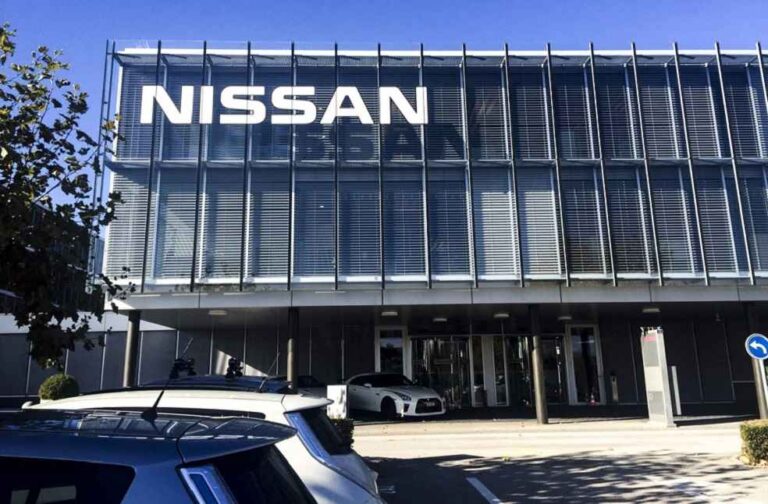Nissan Motor unveiled a strategic initiative to integrate low CO2 emission aluminum, derived from green or recycled sources, across all vehicle models starting fiscal year 2024, targeting full transition by 2030. This endeavor aligns with Nissan’s overarching aim to secure carbon neutrality throughout its vehicles’ complete lifecycle by 2050.
Representing approximately 10% of vehicle mass, aluminum’s conversion to low emission alternatives marks a substantial leap towards minimizing Nissan’s environmental impact. Green aluminum, manufactured using electricity from non-fossil sources, can reduce production-related CO2 emissions by about 50%. Similarly, utilizing recycled aluminum can slash emissions by as much as 95%.

Nissan currently procures low CO2 emission aluminum sheets for vehicle panels from Kobe Steel, and UACJ Corporation in Japan. Plans are set to expand this sustainable practice globally, encompassing all aluminum components such as wheels, chassis, and axles.
Starting this fiscal year, the company aims to incorporate these eco-friendly materials in both new and existing models across Japan, the United States, and Europe. By the close of fiscal year 2024, Nissan expects green or recycled aluminum to replace 20% of the newly mined aluminum used in these key markets.

With sustainability as a pivotal element of its business ethos, Nissan is committed to contributing to a cleaner, safer, and more inclusive global community. The company’s proactive steps are poised to position Nissan as a leader in the automotive sector’s transition towards sustainable practices.
EV WORLD | DHL, E.ON Boost Electric Truck Charging Across Germany





